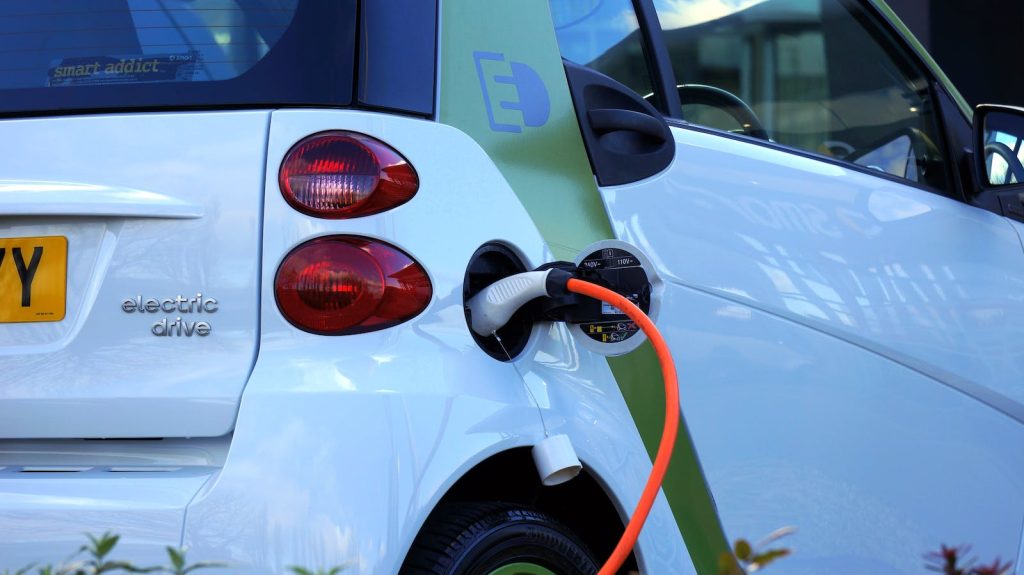In today’s world, where the need for sustainable and renewable energy solutions is becoming increasingly urgent, the role of ethics in shaping investments in this sector cannot be overstated. Ethical considerations play a crucial role in determining the direction and impact of investments in renewable energy solutions. In this article, we will explore the significance of ethics in investment decisions, the ethical principles guiding investments in renewable energy, and the positive outcomes that can be achieved through ethical investments in this field.
The Importance of Ethical Investments in Renewable Energy
Ethical investments in renewable energy are essential for several reasons:
- Environmental Impact: Investments in renewable energy solutions help reduce greenhouse gas emissions, combat climate change, and preserve the environment for future generations. Ethical investments prioritize the well-being of the planet and aim to minimize harm to the environment.
- Social Responsibility: Ethical investments in renewable energy consider the social impact of projects. They prioritize the well-being of local communities, promote job creation, and support sustainable development. These investments aim to improve the quality of life for communities affected by renewable energy projects.
- Long-Term Sustainability: Ethical investments focus on the long-term sustainability of renewable energy solutions. They support projects that are economically viable, technologically sound, and socially responsible. These investments aim to create lasting positive change and contribute to a sustainable energy future.
The importance of ethical investments in renewable energy cannot be understated. As the world faces the challenges of climate change and the depletion of finite resources, it is crucial to prioritize investments that align with ethical principles. By investing in renewable energy, we can reduce our dependence on fossil fuels, mitigate the adverse effects of climate change, and create a more sustainable future for generations to come.

Ethical Principles Guiding Investments in Renewable Energy
Ethical investments in renewable energy are guided by several key principles:
- Environmental Stewardship: Investments in renewable energy prioritize the protection and preservation of the environment. They support projects that minimize environmental impact, promote biodiversity, and reduce carbon emissions. Ethical investors consider the potential ecological consequences of their investments and strive to support projects that have a positive environmental footprint.
- Social Justice: Ethical investments consider the social implications of renewable energy projects. They aim to benefit local communities, promote social equity, and respect the rights and interests of all stakeholders, including indigenous communities and marginalized groups. Ethical investors prioritize community engagement and ensure that the benefits of renewable energy projects are shared equitably among all stakeholders.
- Transparency and Accountability: Ethical investments require transparency and accountability from project developers and investors. They promote open and honest communication, encourage stakeholder engagement, and ensure that the impacts of renewable energy projects are accurately assessed and mitigated. Ethical investors demand transparency in project financing, environmental impact assessments, and community consultations.
- Good Governance: Ethical investments in renewable energy promote good governance practices. They support projects that adhere to ethical business practices, respect human rights, and comply with applicable laws and regulations. Ethical investors prioritize investments in projects that have strong corporate governance structures, transparent decision-making processes, and robust mechanisms for addressing social and environmental concerns.
By adhering to these ethical principles, investors can ensure that their investments in renewable energy contribute to positive social and environmental outcomes. Ethical investments not only generate financial returns but also create value for society and the planet.
Positive Outcomes of Ethical Investments in Renewable Energy
Ethical investments in renewable energy can lead to numerous positive outcomes:
- Clean Energy Transition: Ethical investments accelerate the transition from fossil fuels to renewable energy sources. They support the development and deployment of clean energy technologies, such as solar, wind, hydro, and geothermal power, reducing dependence on fossil fuels and promoting a sustainable energy mix. This transition is crucial in mitigating climate change and reducing air pollution.
- Job Creation: Ethical investments in renewable energy create employment opportunities. They support the growth of the renewable energy sector, which is known for its labor-intensive nature. These investments contribute to job creation, economic growth, and poverty alleviation. By investing in renewable energy, we can foster a green economy that generates sustainable employment opportunities.
- Community Development: Ethical investments prioritize the well-being of local communities. They support projects that involve community engagement, benefit local economies, and contribute to the overall development of the communities where renewable energy projects are located. Ethical investors work closely with communities to understand their needs and aspirations, ensuring that renewable energy projects align with local priorities.
- Energy Access: Ethical investments in renewable energy help improve energy access, particularly in underserved areas. They support off-grid and decentralized renewable energy solutions, providing clean and reliable energy to communities that lack access to traditional energy sources. By investing in renewable energy projects that prioritize energy access, we can bridge the energy gap and empower communities with sustainable energy solutions.
- Climate Change Mitigation: Ethical investments in renewable energy play a crucial role in mitigating climate change. By reducing greenhouse gas emissions and promoting sustainable energy practices, these investments contribute to global efforts to combat climate change and achieve the goals of the Paris Agreement. Ethical investors recognize the urgency of addressing climate change and prioritize investments that have a significant impact on reducing carbon emissions.
- Technological Innovation: Ethical investments in renewable energy drive technological innovation. They support research and development in clean energy technologies, such as energy storage, smart grids, and advanced solar panels. These investments foster innovation and help bring new and more efficient renewable energy solutions to the market, further accelerating the transition to a sustainable energy future.
Ethical investments in renewable energy have the potential to create a positive ripple effect. By investing in projects that align with ethical principles, we can not only address the urgent need for sustainable energy but also contribute to broader social and environmental goals. These investments can create a virtuous cycle of positive impact, driving economic growth, social well-being, and environmental sustainability.
Conclusion
Ethics play a vital role in shaping investments in renewable energy solutions. Ethical investments prioritize environmental sustainability, social responsibility, and long-term economic viability. By considering the environmental and social impacts of renewable energy projects, ethical investments contribute to a cleaner and more sustainable energy future. They promote the transition to renewable energy sources, create employment opportunities, support community development, improve energy access, and mitigate climate change. As individuals and organizations, it is our responsibility to make ethical investment decisions that align with our values and contribute to a greener and more sustainable world. By investing ethically in renewable energy, we can pave the way for a brighter and more sustainable future for generations to come.

































